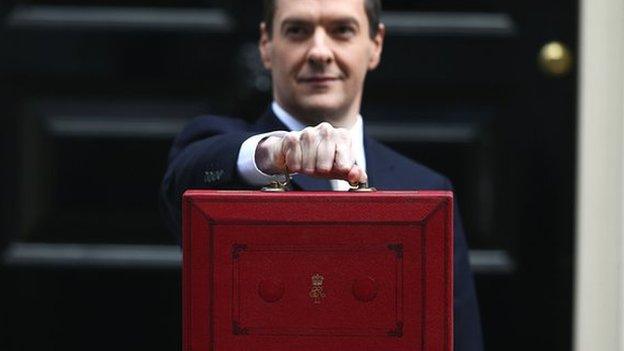North needs £50bn to close gap with south, report claims
- Published

Greater Manchester, which will be run by an elected mayor from 2017, has been a key focus for George Osborne's "Northern Powerhouse" vision
Large-scale government capital spending of up to £50bn is needed to close the economic gap between the North and the South, a think tank believes.
IPPR North said the government's Northern Powerhouse strategy could only be "converted to reality" with "substantial investment" and a "step-change" in its commitment to the north.
The analysis focused on the North West, North East, Yorkshire and Humberside.
Outlining the region's potential, it noted the economy was worth £289bn.
"If it were a national economy, the north of England would rank as the tenth largest in the EU," it asserted.
'One north, one economy'
The Treasury claimed the strategy was "not about how much money is spent but about giving local leaders more power."
The IPPR report was published more than a year after Chancellor George Osborne visited Manchester's Museum of Science and Industry and announced, external the country's need for a "Northern Powerhouse".
Called Rhetoric to Reality: A business agenda for the Northern Powerhouse, external, the study suggested the northern economy could see economic growth on a scale "not seen since the Victorian era of grand municipal development".
But it said three changes were required in order for its potential to be realised:
Investment
Leadership
Urgency
Commitments to transport spending and devolution were the "key ingredients" for turning "northern powerhouse rhetoric" into reality, the report claimed.
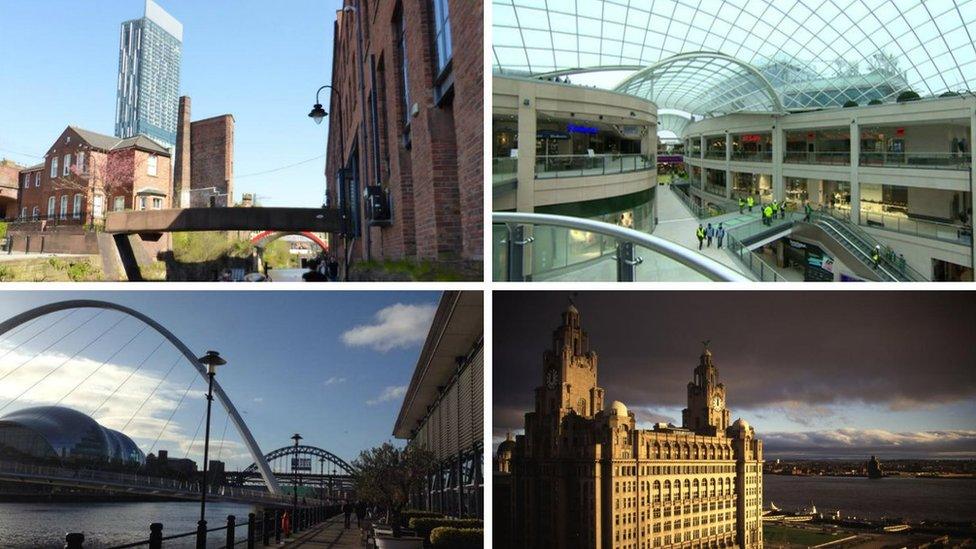
City regions for Liverpool, Greater Manchester, Leeds, Sheffield, Hull and Newcastle are included in the "Northern Powerhouse" strategy
It said a "rebalanced economy" could only be achieved through tackling "lagging" productivity, under-investment in transport, poor connectivity between cities and low qualifications and skills levels.
'Only the beginning'
The study identified several "key drivers" of growth, including infrastructure and connectivity, innovation, business support, leadership and policy development.
It argued: "There is an urgent need (for) more detail and more action to support the pan-northern vision, to ensure business, public and civil sectors are galvanised to act now to sustain the momentum behind devolution and take advantage of this unprecedented window of opportunity."
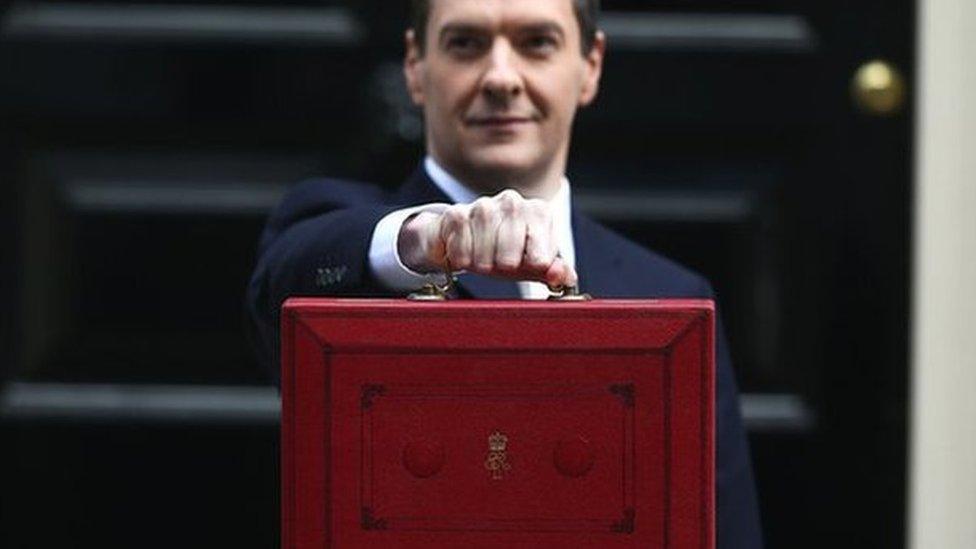
The report urges the government to make a "step-change" in its commitment to the north
Ed Cox, director of IPPR North and co-author of the report, said: "The historical economic under-performance of the north of England is not natural, nor is it inevitable.
"The opportunity is there to be seized for northern prosperity to create national prosperity."
A government spokesperson said: "The chancellor has been determined to challenge the lazy, decades-old acceptance that decline in the north was inevitable.
Mr Osborne had already invested £13bn in transport and agreed "a ground-breaking devolution deal with Greater Manchester," he added.
The spokesperson continued: "We are already making significant progress. This is only the beginning.
"The IPPR rightly identifies the massive opportunities in the North but this is not just about how much money is spent - it is also about giving local leaders more power and for communities to be bold enough to come forward and take them."
- Published14 May 2015
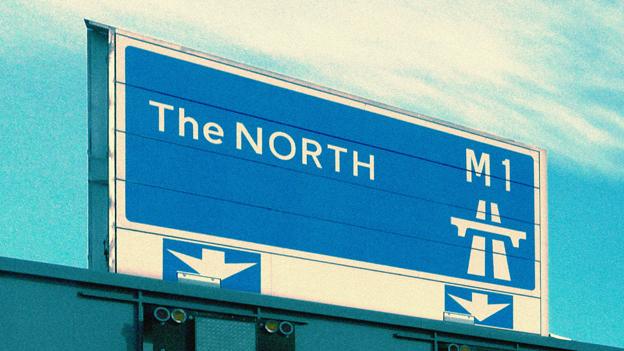
- Published14 May 2015
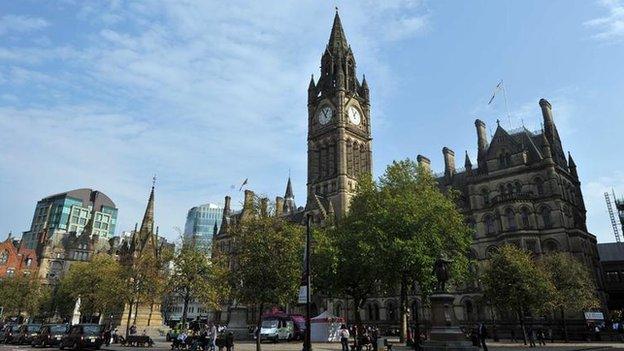
- Published18 March 2015
